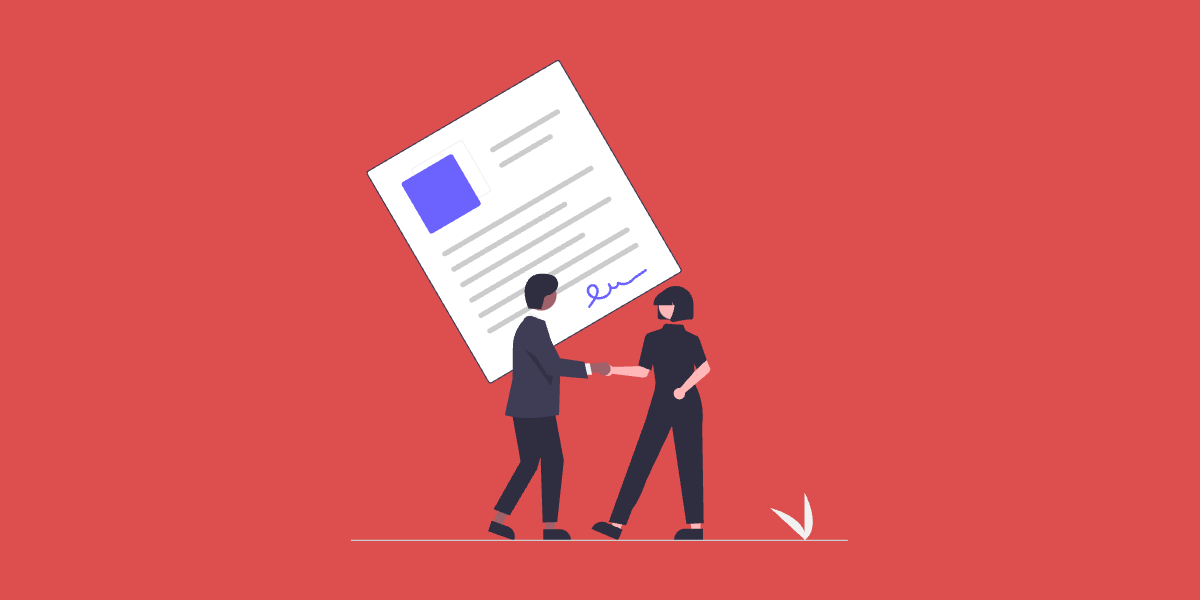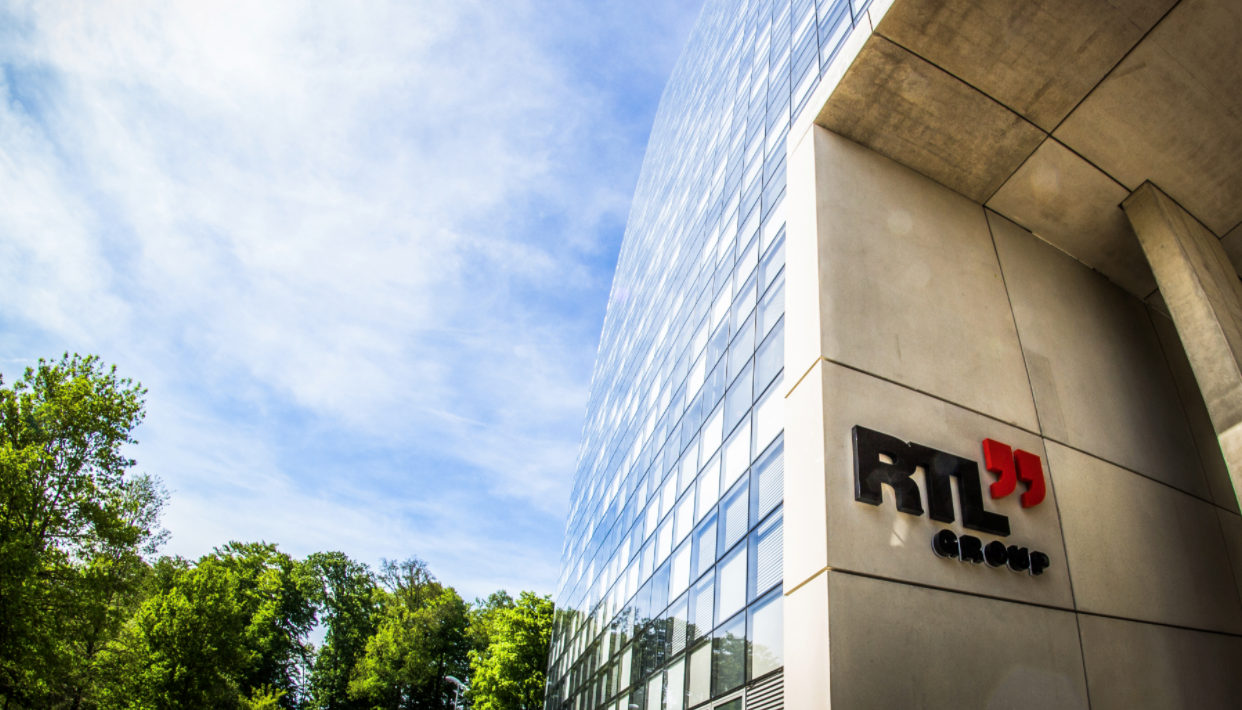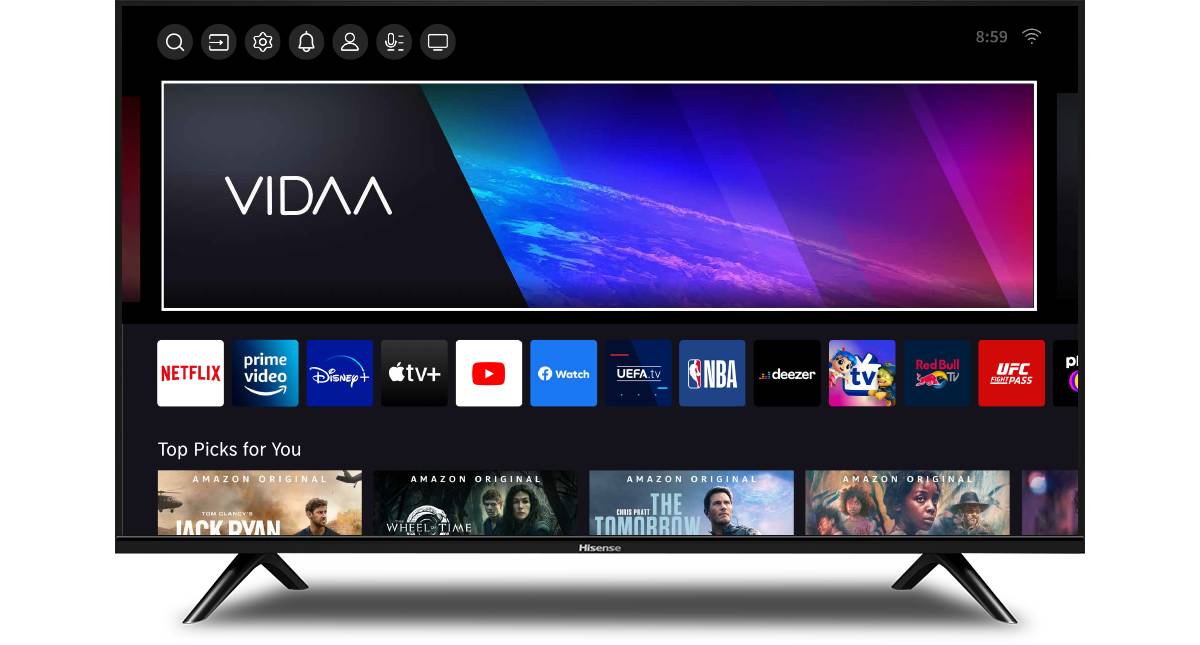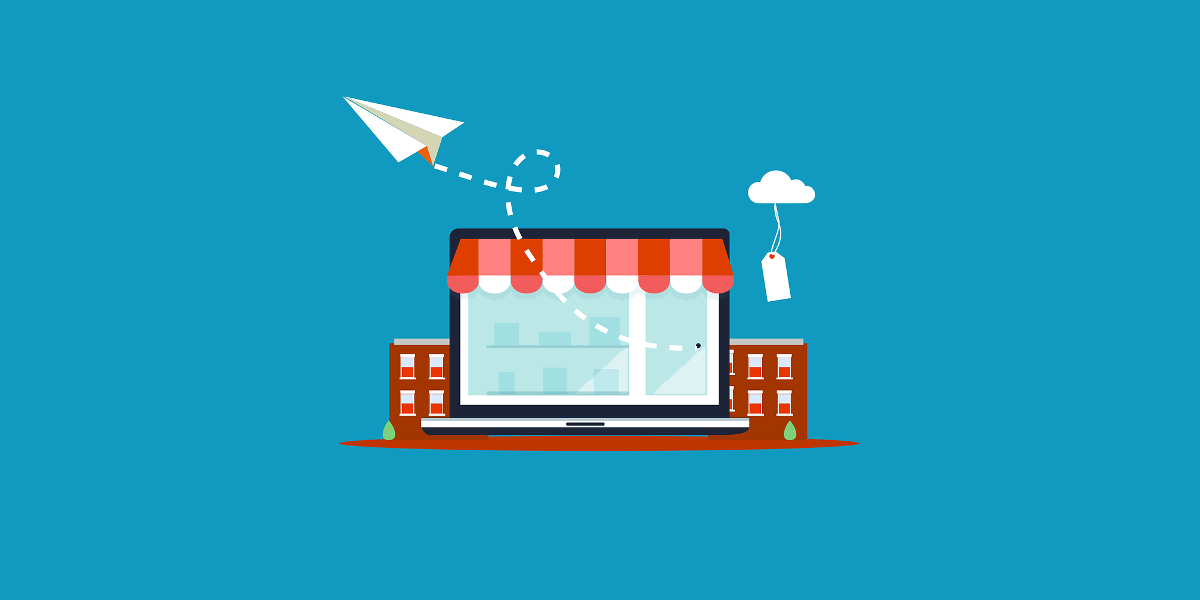 Deutsche Telekom announced today that the company has started the network rollout for 5G in Germany. The company says that by the end of the year, some 300 5G antennas in more than one hundred locations will be built and brought online. The rollout will start with six German cities: first, Berlin and Bonn, which will then be followed by Darmstadt, Hamburg, Leipzig, and Munich, and the 20 largest cities in Germany will be have access to 5G after 18 months.
Deutsche Telekom announced today that the company has started the network rollout for 5G in Germany. The company says that by the end of the year, some 300 5G antennas in more than one hundred locations will be built and brought online. The rollout will start with six German cities: first, Berlin and Bonn, which will then be followed by Darmstadt, Hamburg, Leipzig, and Munich, and the 20 largest cities in Germany will be have access to 5G after 18 months.
The first devices and rate plans for 5G are available as of today and “hubraum”, Deutche Telekom’s company’s tech incubator, has been working with 18 start-ups to test their 5G ideas, using the live conditions of Deutsche Telekom’s 5G test field in Berlin from where were also able to use edge computing there. 5G is expected to give a huge boost to video streaming services and allow for TV-like channel flicking in a way that hasn’t been quite seamless with 4G networks.
Edge computing will also benefit greatly. In simple terms edge computing is a means of networking by which computing is brought as close to the source of data as possible in order to reduce latency and bandwidth use, which means running fewer processes in the cloud and moving those processes to local places, such as on a user’s computer, an IoT device, or an edge server. Examples of the start-ups’ 5G products include real-time sports information, training with data glasses and data gloves, and autonomous robots in factories.
“We punched our ticket for a 5G future with the spectrum auction. Our goal now is to get 5G to the streets, to our customers, as quickly as possible. Nearly three-quarters of our antenna locations in Germany are connected with optical fiber – we’re now building on that,” says Dirk Wössner, Member of the Board of Management, Deutsche Telekom, and Managing Director, Telekom Deutschland GmbH. “Our teams are working hard in every area. Whether we’re talking about the network, rate plans, or devices and applications – we’re speeding up to get 5G started this year. At the same time, we need a clear regulatory framework and pragmatism from the authorities – particularly when it comes to questions regarding regional spectrum, local roaming, allocation of the auction proceeds, and the approval procedures – which takes far too long in Germany.”
In the UK, BT Plus customers will be the first to have the option to upgrade to 5G in the Autumn, which will be available in the busiest parts of London, Birmingham, Manchester, Edinburgh, Cardiff, Belfast, Glasgow, Newcastle, Liverpool, Leeds, Hull, Sheffield, Nottingham, Leicester, Coventry and Bristol by the end of 2019.
One of the
One part of BT’s announcement focused on “5G Network Slicing”, which will allow operators to run multiple dedicated networks simultaneously using the same physical infrastructure. Different “slices” are used for different services and allow each to work effectively without being affected by bandwidth.
BT gives the example of how network slices could be used at a music concert to allow for:
- General internet access
- Live video broadcast to TV
- Broadcasting a 360-degree video experience to VR headsets
- Emergency services communication
BT and Ericsson have also been working together on a connected glove that enables surgeons to operate remotely to perform procedures even though they might be in a different room.
The doctor wears a connected glove that uses 5G to connect to a robotic arm which performs the physical part of the surgery. The robotic arm includes pressure sensors which allow the surgeon to feel what the robot feels.




